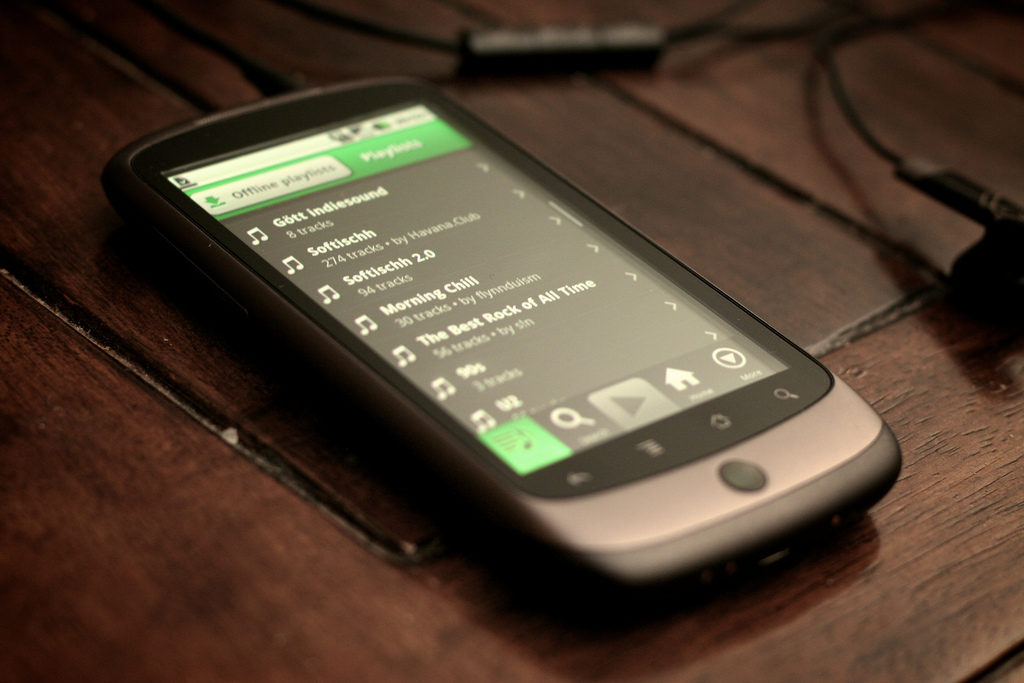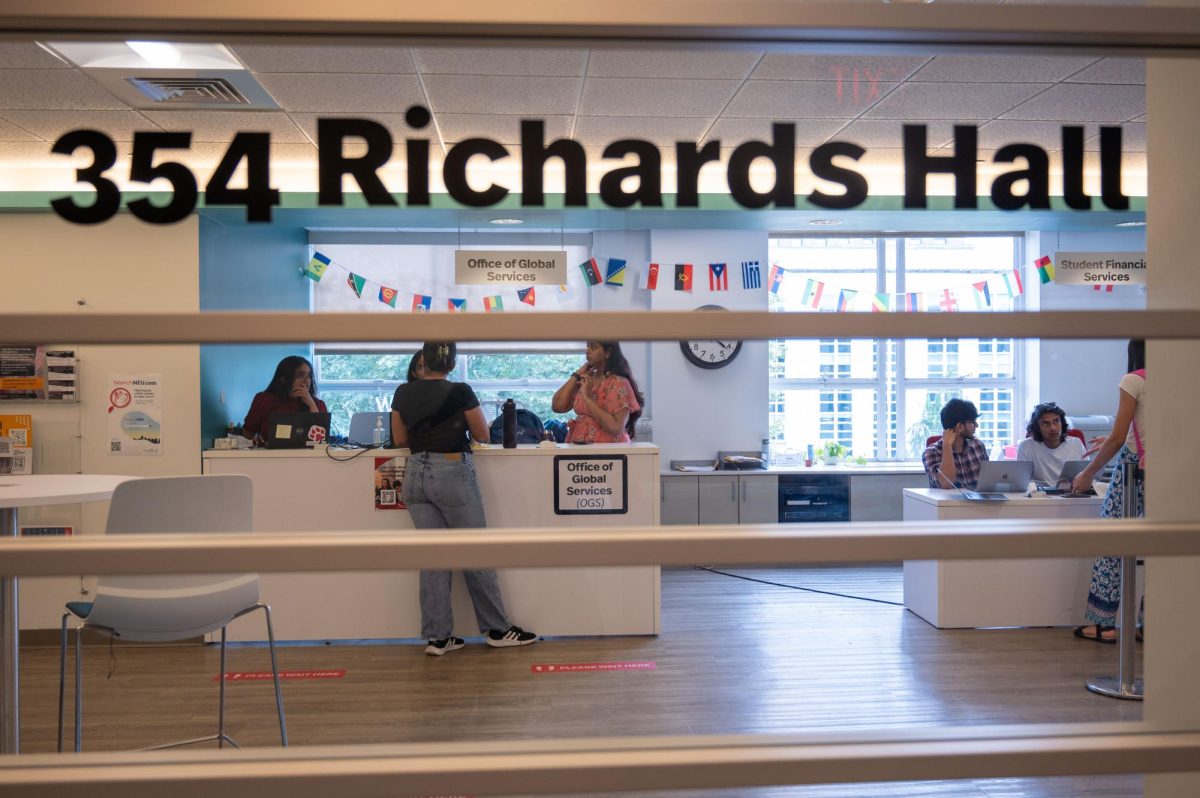Two weeks ago, singer-songwriter Taylor Swift removed all her music from Spotify, furthering a nationwide conversation about music streaming culture. Do services like Spotify and Pandora help or harm artists? According to Swift, such services neglect to give artists and their collaborators the recognition and compensation they deserve for their work.
At the root of the debate is money – specifically, the royalties an artist receives for their music being played on the streaming services compared to CDs, iTunes and Napster.
“I’m not willing to contribute my life’s work to an experiment that I don’t feel fairly compensates the writers, producers, artists and creators of this music,” Swift told Yahoo on Nov. 6.
In December 2013, Spotify revealed how its payout system works for artists with music available on the service. Spotify does not pay artists a flat rate per play for a song, as most tend to believe. Instead, Spotify considers an artist’s success rate to be the number of plays relative to how well the service does each pay period to determine how much money an artist gets.
The revenue Spotify makes each month determines the total amount disbursed on a country-by-country basis. Spotify then calculates how much business an artist brings to the service each month. Of that, Spotify keeps 30 percent, and 70 percent goes to whomever owns or has rights to the music. This could be the record label or the artist. Artists who receive negotiated royalty rates under their labels are paid out of that 70 percent, which is a small fraction of the overall amount of revenue for that month.
The report was prompted when Canadian-born cellist and composer Zoë Keating revealed in August of last year that from the 201,412 Spotify streams of her available tracks, she only made $808 in the first half of 2013. She was paid 0.4 cents for every play.
If artists sell CDs themselves on a website or at concerts, they make a full profit. According to Investing Answers, if a musician sells a CD through a website like Amazon, the website gets a 25 percent profit. For an average high-end royalty deal with a record company, an artist will make $1 for every $9.99 retail album sale. A low-end royalty deal yields 30 cents per album sale.
For a $9.99 album purchase from iTunes, Investing Answers says an artist will make 94 cents. Artists on average get paid 9 cents for each individual song purchase.
For an artist as popular as Taylor Swift, there is still big money in these statistics, but as Swift points out, there are other people behind an artist and their music.
The group that really suffers from streaming services is the songwriters behind the great singers.
Recording artists make money from concerts, appearances, interviews and other PR endeavors, but, in comparison, songwriters already are paid so little for their major contribution to an artist’s fame and the industry.
“First, unlike most people in creative industries, songwriters seem to have less control over our work than ever before,” said singer-songwriter Aloe Blacc in an op-ed for Wired. “…By law, we have to let any business use our songs that asks, so long as they agree to pay a rate that, more often than not, was not set in a free market. We don’t have a choice. As such, we have no power to protect the value of the music we create.”
Blacc credits the low rates songwriters are paid by streaming services to “outdated federal regulations.”
He also points out that Avicii’s 2013 hit “Wake Me Up,” which he co-wrote and sang, was the most streamed song in the history of Spotify and the 13th most played song on Pandora since its release, with a total of more than 168 million streams. In spite of this, Blacc only made $12,359 in domestic royalties from Pandora.
Aside from songwriters behind artists, there are underground and independent artists putting music out on their own. For them, Spotify is a great way to reach a larger audience. Already yielding little profit from small-time performances, they rely on whatever money they can get to support their musical pursuits.
Regulatory laws for songwriter’s compensation were first established in 1941 and last reviewed in 2001. In June, the United States Department of Justice announced a formal review of the American Society of Composers, Authors and Publishers and Broadcast Music, Inc. consent decrees, which governs how most American songwriters are compensated for their work.
Music is being enjoyed more freely by more people thanks to the digital realm, but that doesn’t mean musicians should take a financial hit. This is their livelihood and it should be valued as such.
Photo courtesy Johan Larsson, Creative Commons.









